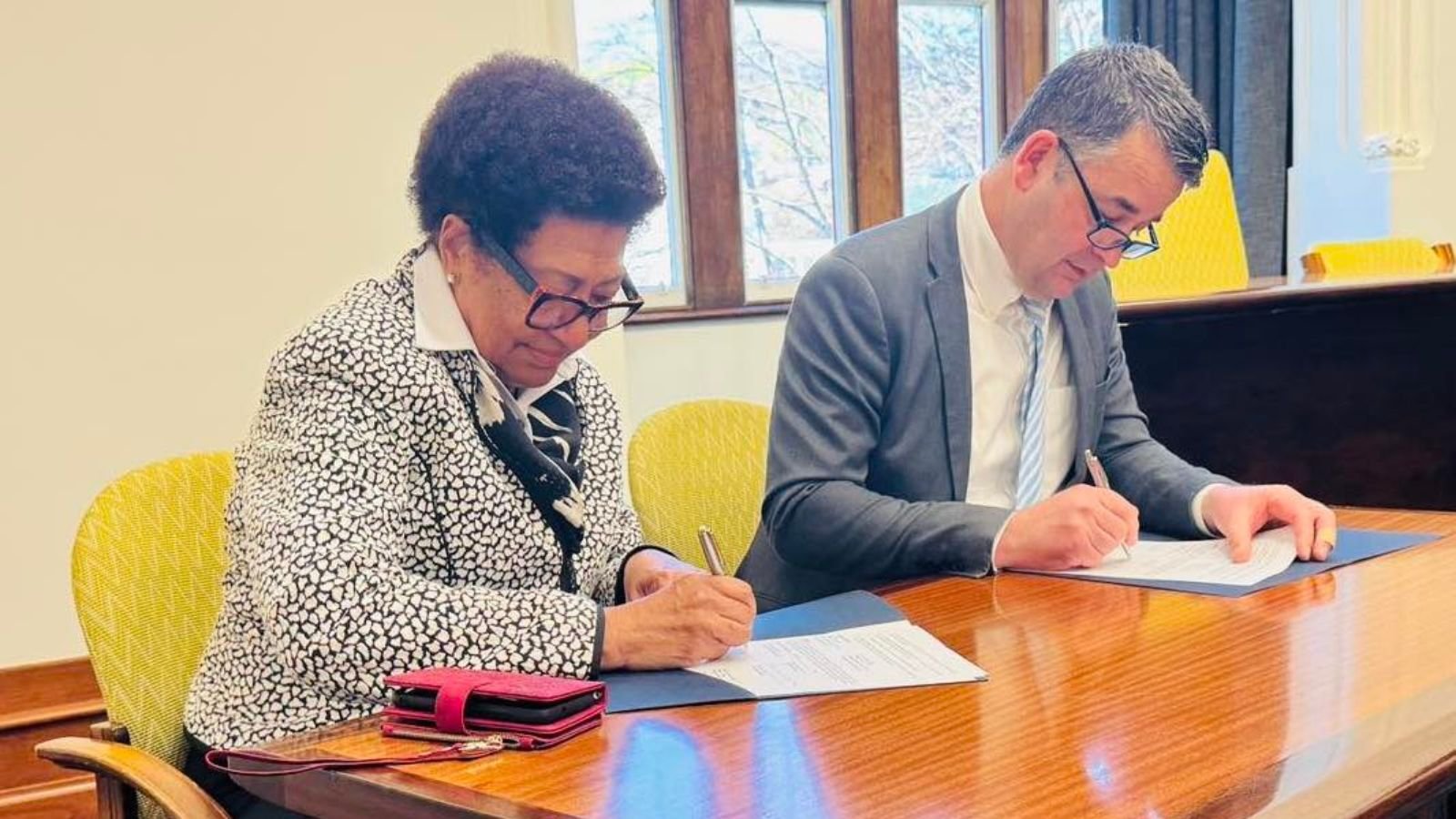
Rex Letoa Paget invites readers on a captivating journey of self-discovery, ancestry, and love in his new poetry collection, Manuali’i.
Manuali’i reflects on a profound exploration of mixed heritage, gender identity, and contemporary life in Aotearoa, weaving together themes of grief, cultural identity, and the nuances of personal growth.
“These poems are reminders of where you come from and who you are,”.
“Manuali’i anchors me to my ancestors. It’s a compass that guides me through time and space, asking questions of timekeepers and connecting with universal powers,” says Rex.
The book’s title, which means “Bird of the Gods,” reflects its overarching theme of nature and ancestry. Paget intertwines pop-culture references, music lyrics, and heartfelt elegies to express his own journey and the complex emotions associated with identity.
“Certain poems reflect the time and space when I was coming to grips with my childhood and adulthood,” Rex says.
“I like seeing the world in pinks and reds and softness. Yet, even in this romantic setting, there are portions that are starkly real.”

Of Samoan/Dutch heritage, Rex’s writing is deeply personal, often drawing from his experience growing up in New Zealand and Samoa, while also acknowledging his Danish heritage.
“I researched by asking my mum for stories from Samoa and about my own childhood. I grew up in a predominantly white society, and my Danish family played a significant role in my life.”
The poems in Manuali’i also delve into fa’afatama identity, with Paget sharing his journey towards self-acceptance and finding a sense of belonging.
Rex highlights the connection to nature saying “Birds, waves, and other ‘witchy things’ serve as tools to understand the world around me. They bring a natural vibe to my poems.”
The poetry collection resonates with themes of community and family. Paget acknowledges the influence of his “Queer family,” who provided safety and support. “They raised me and protected me,” he says.
Through his lyrical prose, Rex aims to connect with his audience, anchoring his poems in a certain time and place.
“Music is a universal language, and I like to think my poems embody that lyrical flow and rhythm,” he says. With a rich tapestry of personal stories and cultural references.












